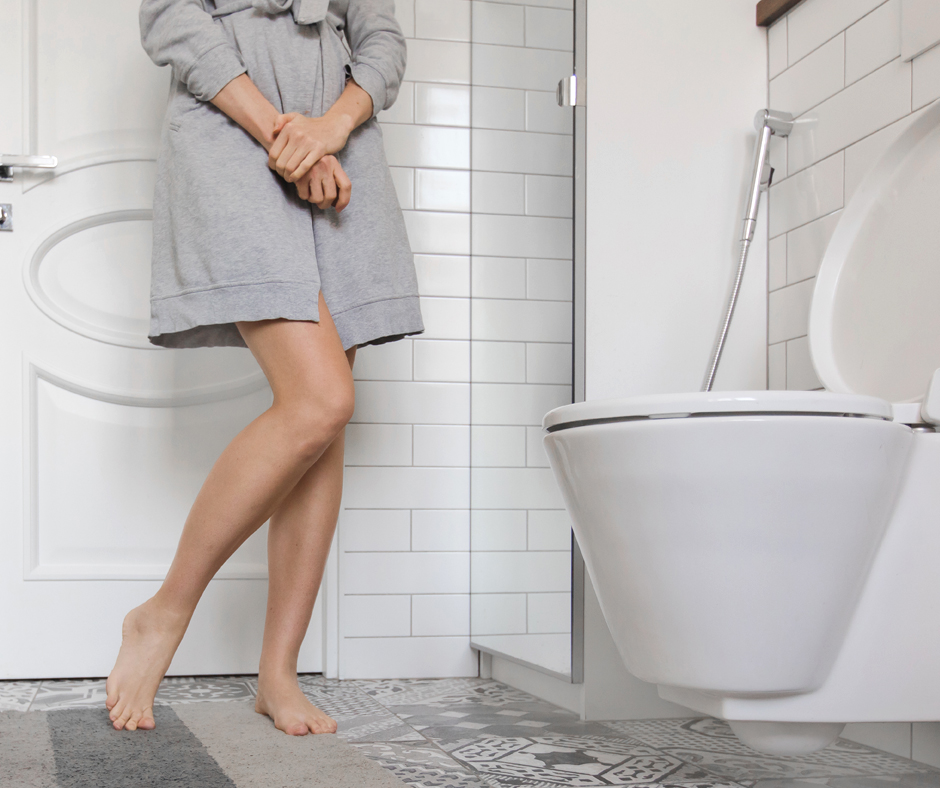Most people tend to forget about their bladder until they’re having toilet troubles. Unfortunately, issues with your bladder can be a real burden – and aren’t always easy to overcome. The good news is, staying on top of good bladder health can prevent future problems and help you maintain a positive bathroom experience.
Like with many other organs, a few healthy lifestyle changes can greatly benefit your bladder. Here are our top seven tips to keeping your bladder healthy.
Drink water.
Water is important for countless bodily functions, but it’s especially beneficial for your bladder. That’s because drinking plenty of water flushes bacteria out of the urinary tract and helps prevent bladder and kidney stones. Unless your doctor has advised otherwise, you should aim to drink at least 6-8 glasses of water per day.
Cut back on caffeine and alcohol.
These substances are known to irritate the bladder and increase the risk of urinary incontinence, especially in women. While they may be fine in moderation, limiting the amount of caffeine and alcohol you consume can help improve your bladder (and overall) health.
Don’t smoke.
Nicotine is a powerful bladder irritant, but that’s not the only problem smoking can present. According to the American Cancer Society, smokers are three times more likely to develop bladder cancer than people who don’t smoke. If cancer isn’t a big enough concern, the chronic cough most smokers develop puts pressure on the bladder that contributes to urinary incontinence.
Do kegel exercises.
Most people associate kegels with their bedroom benefits, but they’re also great for your bladder. These exercises strengthen the pelvic floor muscles, which are what your body uses to hold urine in your bladder. The Urology Care Foundation recommends doing 30 kegel repetitions twice per day to see bladder improvement in a matter of weeks.
Empty your bladder.
A person that is properly hydrated shouldn’t go more than 3-4 hours with urinating. Holding urine for too long can lead to bladder infections and puts strain on the bladder muscles. When you do go, take your time on the toilet to be sure you empty your bladder completely. If you have trouble emptying your bladder, an intermittent catheter may be a good option.
Urinate after sex.
This goes for both men and women! Urinating shortly after sex flushes away any bacteria that may have entered the urethra, reducing the risk of urinary tract infections.
Eat a healthy diet.
Good nutrition is essential for bladder health. A diet high in fiber helps prevent constipation, which puts pressure on surrounding areas and impedes proper bladder function. A healthy diet also helps control your weight, which has a direct impact on bladder control.

